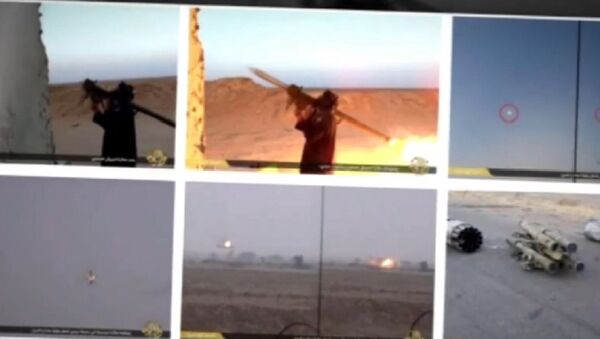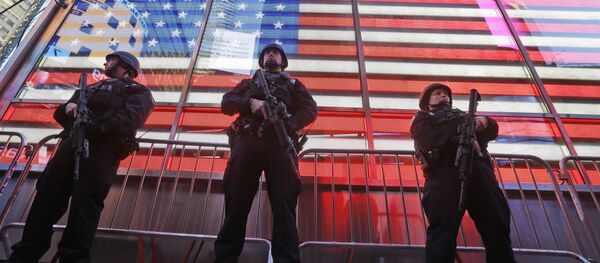One of the most frightening aspects of Daesh is its ability to successfully manipulate social media to recruit new members. Its various Twitter accounts have proven almost impossible to completely shutdown, and its online video and magazine, Dabiq, are more slickly produced than similar groups.
Naturally, one of Washington’s main strategies for combatting Daesh has been counter-propaganda. Those efforts include rival Twitter accounts which present facts overlooked by the terrorist group in their recruiting efforts, as well as parody videos which mock Daesh by showing – in graphic detail – the horrible results of its actions.
But the US State Department has recently completed a six-member panel review of the counter-propaganda program, and the results are lackluster.
Consisting of marketing experts from companies like Google and Twitter, the panel found that there was little evidence to prove the program had effectively curbed recruiting efforts, and "had serious questions about whether the US government should be involved in overt messaging at all," according to the Washington Post.
Part of the problem may be that the State Department hasn’t taken its effort seriously enough, and doesn’t have the resources to keep pace with the terrorist group’s shifting media strategies.
"They learn from their mistake. They change and adapt to the digital battlefield," Richard Stengel, who oversees the State Department’s Center for Strategic Counterterrorism Communications, told the Post. He added that any counter-propaganda "has to be equally creative and innovative."
And creative could be difficult to come by. According to Will McCants, an expert on Daesh and former adviser to the State Department, the program’s employees are suffering from low morale, and "they’re not getting any clarity from the top about what they’re supposed to be doing," according to the Post.
But another, more significant part of the problem lies in the fact that messages coming from the US government lack credibility among Daesh’s target audience. Just two days ago, the Washington Post ran an article which detailed the extent to which Iraqi citizens believe Washington is cooperating with the terrorist group.
"[Daesh is] almost finished," Mustafa Saadi said. "They are weak. If only America would stop supporting them, we could defeat them in days."
That kind of perception doesn’t bode well for videos posted alongside the seal of the US State Department.
To address those concerns, the US has established messaging centers overseas which rely on local participants who may have a more authentic voice.
"We’re going to a model that involves more partnership with credible voices, with other governments and third parties," Stengel said.
But the review panel also doubted the efficiency of this strategy, as it makes it difficult for the US to manage and coordinate such a diverse array of partners. Keeping those partners motivated and creative would also still be a hurdle.
And even if these messages are being thoughtfully and authentically produced, they would be broadcast as statements paid for by the US State Department.
US officials say that in light of the review, they will not be scrapping the counter-propaganda program all-together, but it is forcing them to rethink their efforts.







